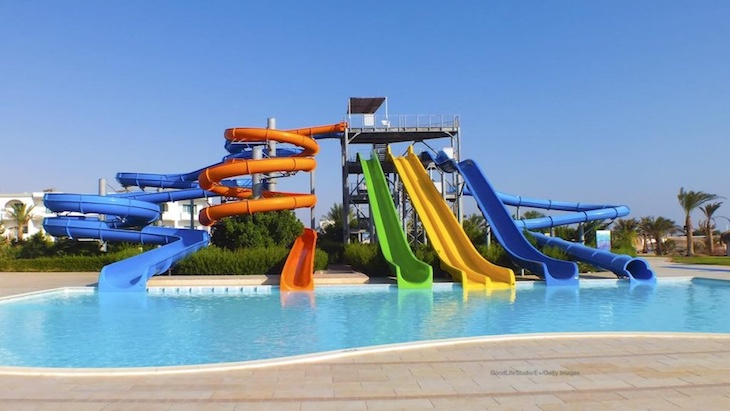According to a study published in the CDC’s Morbidity and Mortality Weekly Report, cryptosporidium outbreaks in 40 states and Puerto Rico have increased by 13% year over year in this country. Leading causes for this illness include swallowing contaminated water in pools or water playgrounds, contact with infected cattle, and contact with infected people in childcare settings.

From 2009 to 2017, there were 444 cryptosporidiosis outbreaks from 40 states and Puerto Rico that caused 7,465 illnesses. Twenty-two of those outbreaks were associated with unpasteurized milk and apple cider. And the report states that the outbreaks likely underestimate the actual number of cryptosporidiosis outbreaks, and the reported number of cases “likely underestimate the actual magnitude of individual outbreaks.”
These outbreaks are linked to pools 35% of the time, cattle 15% of the time, and childcare 13% of the time. To prevent theses outbreaks, the CDC recommends three things: do not swim if you have diarrhea. Wash your hands thoroughly after touching animals. And keep kids who are ill with diarrhea home from childcare facilities.
Cryptosporidium is a parasite that causes cryptosporidiosis. Symptoms of this illness include profuse, watery diarrhea that can last up to 3 weeks. People with compromised immune systems can develop life-threatening malnutrition if they contact this illness.
The eight Great Lakes states reported 57% of those outbreaks, resulting in 3,335 cases. Exposure to treated recreational water was associated with 156 of those outbreaks. Pools, including kiddie/wading pools and water playgrounds, were the most frequently implicated recreational water venues.
During that time frame, the annual number of reports treated recreational water-associated outbreaks increased by 14.3%. The annual number of reported outbreaks associated with child care settings increased an average of 19.7%. There is a summer seasonal peak in both waterborne cryptosporidiosis outbreaks and outbreaks overall.
The parasite is immediately infectious when it is excreted in feces. The parasite is also excreted in numbers “multiple orders of magnitude higher than the human infectious dose.” For example, one infected swimmer can excrete 10,000,000 to 100,000,000 oocysts during one diarrheal incident in the water. That can cause hundreds of thousands of cases.
Unfortunately, the parasite is also highly tolerant to chlorine. The oocysts can survive more than seven days at CDC-recommended concentrations of greater than 1 ppm free available chlorine. Because of this fact, the primary prevention of Cryptosporidium contamination is important.
The CDC recommends that a person who has been ill with diarrhea not swim in a public vent for 2 weeks after the illness has resolved. If an outbreak occurs, substantial decontamination is needed, including hyper chlorinating public treated water venues, and using hydrogen peroxide to disinfect surfaces in child care settings. The CDC also recommends not consuming unpasteurized milk and apple cider because of the risk for inspection from the products in general.




